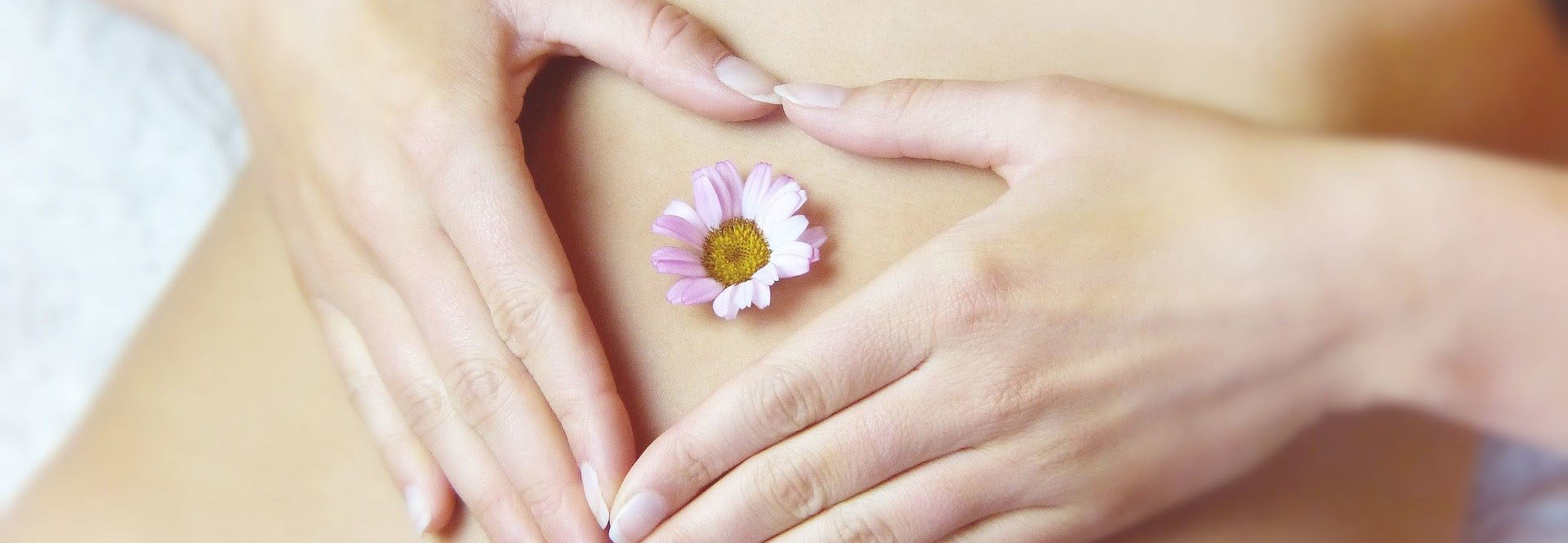
Recovery After Delivery
After your baby arrives your body changes as it returns to your pre-pregnancy state. The bigger the baby, the tougher the recovery. Postpartum is from delivery to 6 weeks following delivery. But take heart—recovery after delivery won’t last forever!
Physical Changes
Bleeding and vaginal discharge (lochia) – Your body will continue to cleanse the uterus and bleeding can last several weeks. The discharge will gradually lessen and become lighter and turn from pink to yellow or white.
After pains – The uterus will continue to contract on and off for the next few days as it returns to normal size. These pains resemble menstrual cramps. They may be more noticeable during breastfeeding.
Vaginal soreness – You just pushed a baby out of a small space! Expect to be sore and uncomfortable for awhile. It can be worse if you had an episiotomy or a perennial tear. A sitz bath (sitting in warm water) can relieve soreness, as well as help hemorrhoids.
Cesarean birth (C-Section) – you may not have pushed a baby through the birth canal, but you have just gone through surgery! You can also expect to have some pain and soreness, but in your lower belly. Your doctor might suggest a stool softener since it’s tough to push during a bowel movement when your abdomen is sore. Coughing and sneezing will also hurt because of the surgery on your abdomen as well. Be prepared to bleed just like a vaginal delivery—your uterus still needs to clean itself out.
Breast engorgement – When the breasts begin to fill with milk a few days following delivery, they may become swollen and painful. Nursing or using a breast pump will ease the swelling. If you’re not breastfeeding, wear a firm, supportive bra to help stop milk production.
Constipation and hemorrhoids – The first bowel movement after delivery can be painful. Your doctor may recommend a stool softener to help things move through. Drink lots of water as well. Hemorrhoids, like constipation, are also relieved by having soft stools.
Leakage – You might not be able to completely control your bowels or your bladder for a while. Kegel exercises will help to strengthen the muscles again. But until then, a cough, sneeze or laugh might cause some incontinence.
Weight – You will lose the weight from the baby as well as the placenta and amniotic sac following birth. Your belly will feel “mushy” rather than the tightness you felt before baby. You might even look like you are still pregnant for a while. You will continue to lose weight in the next few days as your body rids itself of extra fluid. After that, be sure to follow a healthy diet and take time to exercise to restore your body to its pre-pregnancy weight.
Emotional Changes
“Baby Blues” – Following delivery, hormones are changing, you’re exhausted and probably pretty sore. It is common to have emotional changes as well as physical changes at this time. These emotional changes may include crying, irritability, anxiety, etc. Baby Blues usually fade as you continue to recover over the next few weeks.
Post-Partum Depression or PDD is more serious then Baby Blues and doesn’t fade with time. Symptoms are generally stronger than with Baby Blues and is most common in women who have a history or a family history of depression. If your depression deepens and you feel hopeless, contact your doctor.
A note to birthmoms – As a birthmom you may experience a mixture of emotions following the birth of your baby. After all, this baby has been a physical part of you for the past 9 months. Now you are going home without that baby and you have the physical recovery as a constant reminder that a piece of you is missing. You will experience a grieving process just as you would with any loss of a child. That kind of heartache is to be expected for what you are experiencing. Be kind to yourself. Surround yourself with supportive friends and family. And get professional help if you need it.
Sex after Delivery
Most Obstetricians tell their patients to wait six weeks before intercourse. Some moms choose to wait longer, feeling they aren’t ready physically or maybe mentally. A few moms may want to do it sooner, but that puts you at risk for infection or injuring anything that is still healing.
Once you’re ready, know that sex might hurt at first. A water-based lubricant can help make intimacy more comfortable. Maybe try a different position to ease the discomfort. Don’t worry—things will eventually return to normal.
Don’t forget birth control. Even if you haven’t had your first period postpartum yet, you can still get pregnant.


×
Search Adoption Network
Speak with a Specialist 1-800-367-2367